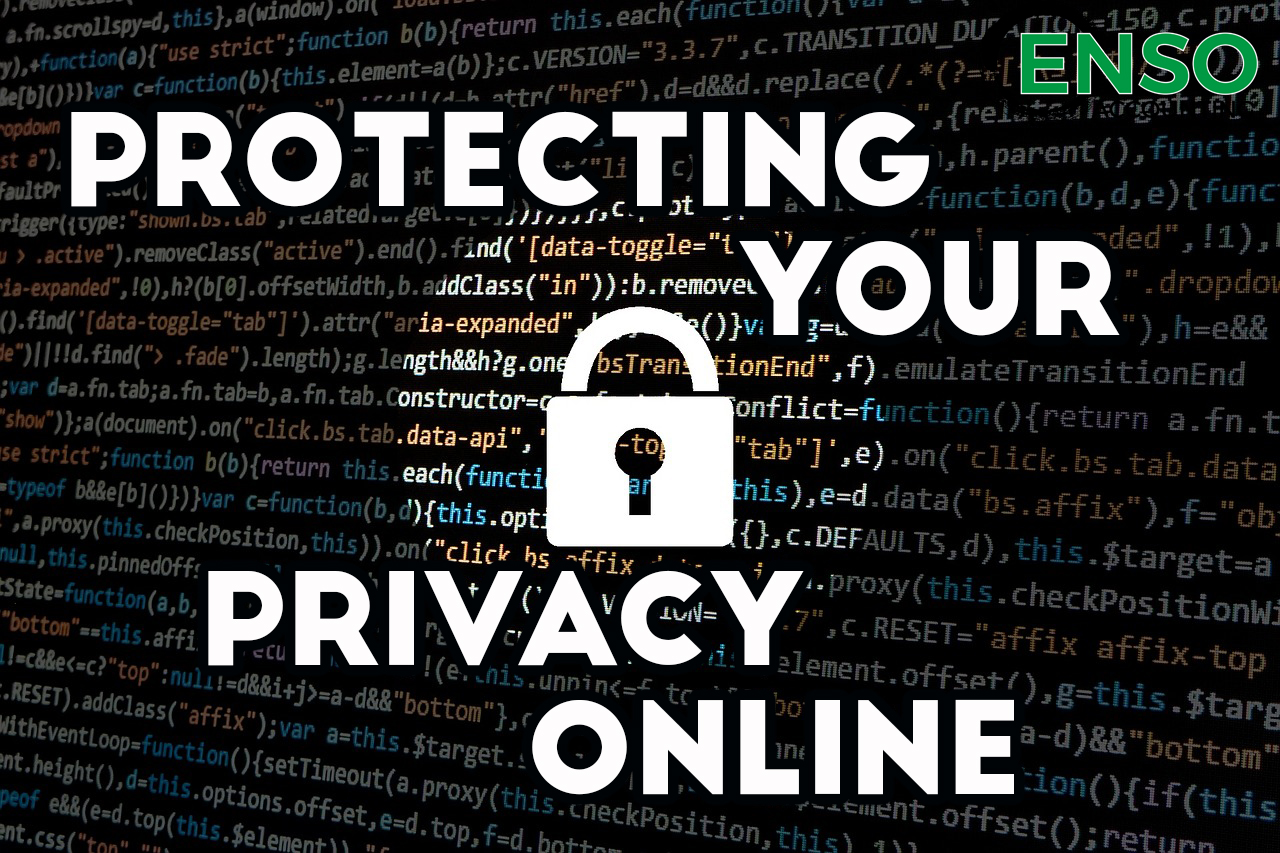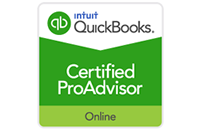If you’re hesitant about moving your accounting to the cloud, don’t worry. There are many ways to protect your privacy online today. Even when you’re sharing financial details remotely. Although we’re more knowledgeable about best accounting practices than we are about cybersecurity, we want to help you migrate to cloud accounting safely! Which is why we have a few tips on how you can preserve your privacy online—no matter how tech savvy you are (or aren’t).
Invest in Your Security
If you really want to ensure your cybersecurity, you can’t rely on freeware alone. While there are plenty of private browsers and antivirus programs available for free, remember the adage: “You get what you pay for.” By investing in a true security suite, you’re going the extra step to protect your privacy online. Plus, you’ll be able to get constant updates that address the latest security concerns as they develop. All you have to do is ensure you’re actually downloading them—or create a schedule for automatic updates.
Either way, ensure you have reliable antivirus software in place and don’t be afraid to consult your local IT experts if something serious is detected. You’ll also want to protect your connection by securing your WiFi network. You may want to look into a VPN or virtual private network as well. Although VPNs get mixed reviews in the cybersecurity community, they add an extra step of encryption to your financial information. Just keep in mind that not all VPNs are created equal. It pays to do your research and invest a little more to have a security tool that stands up to determined hackers. As for your cloud storage, you can trust that we’ll recommend only options that meet our high standards for cybersecurity.
Don’t Make Silly Mistakes
Honestly, even the best security features can’t protect you against password failures and/or phishing scams. Millions of hackers benefit from classic mistakes, including using the same login credentials across multiple sites. Or incorporating your birth date/social security number into your username and password. Ultimately, it’s more about complexity than it is length. By using a combination of lowercase letters, uppercase letters, numbers, and special characters to form something you’d never find in the dictionary, you can protect your privacy online. If you don’t feel confident in your own ability to create and manage secure passwords, then there are many password managing apps available.
Once you’ve successfully updated your login credentials, be on the lookout for phishing attempts. While many of them are blanket attacks aimed at a number of people, as a business owner or high-ranking official, you may be the target of a spearphishing attack. By obtaining a personal detail or two about you, hackers may contact you directly pretending to be a plausible acquaintance. If you’re not familiar with the email address, always refrain from opening attachments or clicking on included links. Even if it looks like a legitimate site, that doesn’t mean it is! Hackers are known for creating duplicate portals to trick you into disclosing personal information. Do your research before opening any external links and consider installing an antiphishing toolbar that detects suspicious sites.
If you’re still uneasy about moving your accounting online, try partnering with reliable resources in your area. At ENSO Accounting, we conduct extensive research on the services we recommend. Everything we encourage our clients to use, we’ve tested beforehand to ensure it meets the strict requirements of our industry. We don’t believe in taking chances with our privacy online—or yours. Talk with our experienced professionals today to learn more about our best practices online and off.




